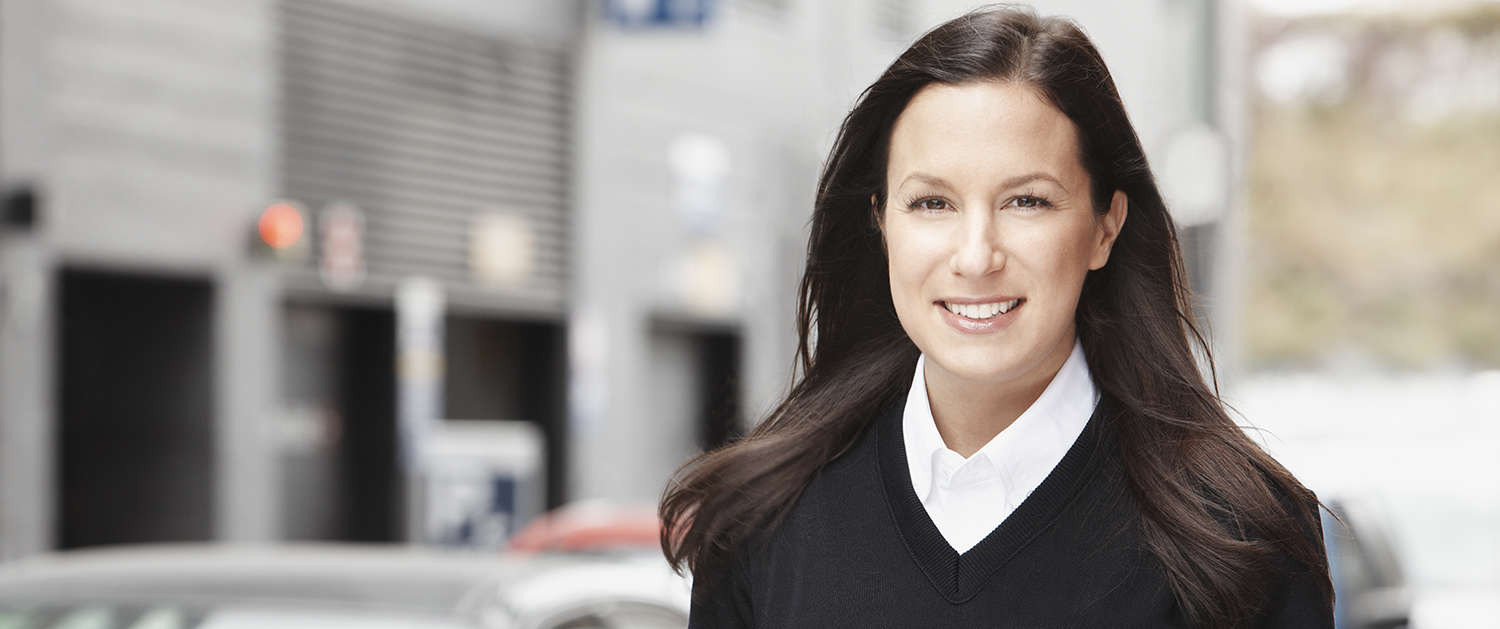
Modern Slavery and Human Trafficking Statement
1. ORGANISATION
This statement applies to Saba Park Services UK Limited and the information refers to the financial year 2024/25.
2. OUR BUSINESS
Saba UK operate across multiple sites in England, Scotland and Wales with the UK Business Support Centre in Hertfordshire, England. Employees work in various locations across the UK, managing over 500 car parks and over 116,000 parking spaces – both on and off-street in Rail, Healthcare, Retail and Local Authority sectors. Demand for parking is consistent in the majority of these sectors and is therefore not seasonal.
The UK business is controlled by a Board of Directors with a Leadership Team who contribute to the direction of the business.
Saba is a benchmark industrial operator in the development of solutions in the field of urban mobility, specialising in car park management. With a workforce of more than 2,300 people, the Group operates in nine countries in Europe and Latin America and has around 378,000 parking spaces in 1,175 centres.
3. DEFINITIONS
Saba UK considers that Modern Slavery encompasses:
a) Human trafficking;
b) Forced work, through mental or physical threat;
c) Being owned or controlled by an employer through mental or physical abuse or the threat of abuse;
d) Being dehumanised, treated as a commodity or being bought or sold as property;
e) Being physically constrained or to have restriction placed on freedom of movement.
4. COMMITMENT
Saba UK acknowledges its responsibilities in relation to tackling Modern Slavery and commits to complying with the provisions in the Modern Slavery Act 2015. Saba UK understands that this requires an ongoing review of both its internal practices in relation to its labour force and, additionally, its supply chains.
Saba UK does not enter into business with any other organisation, in the United Kingdom or abroad, which knowingly supports, or is found to involve itself in slavery, servitude and forced or compulsory labour.
No labour provided to Saba UK in the pursuance of the provision of its own services is obtained by means of slavery or human trafficking. In addition, Saba UK strictly adheres to the minimum standards required in relation to its responsibilities under relevant employment legislation in the UK and in many cases exceeds those minimums in relation to its employees.
5. SUPPLY CHAINS
In order to fulfil its activities, Saba UK’s main supply chains include those related to the supply of goods and services from various suppliers in both the United Kingdom and Globally.
6. POTENTIAL EXPOSURE
Saba UK considers its main exposure to the risk of slavery and human trafficking to exist in its agency labour sourcing supply chains because they involve the provision of labour and where the UK business has limited direct access to the recruitment of the individuals. In addition, Saba UK also believes that its uniform supply chains are also a risk due to the longer and more complex supply chain they operate within.
In general, Saba UK considers its exposure to slavery/human trafficking to be relatively limited. Nonetheless, it has taken steps to ensure that such practices do not take place in its business, nor the business of any organisation that supplies goods and/or services to it.
7. STEPS
Saba UK carries out due diligence processes in relation to ensuring slavery and/or human trafficking does not take place in its business or supply chains, including conducting a review of the controls of its suppliers to seek positive assurance that they agree to comply with the principles of their Corporate Social Responsibility Policy.
Saba UK has not, to its knowledge, conducted any business with another organisation which has been found to have involved itself with Modern Slavery.
In accordance with section 54(4) of the Modern Slavery Act 2015, Saba UK has taken the following steps to ensure that Modern Slavery is not taking place:
a) measures are in place to identify and assess the potential risks in its supply chains;
b) review of contractual arrangements with all suppliers as well as due diligence procedures to ensure suppliers are aware that they are obliged to comply with the Modern Slavery Act 2015 and provide confirmation that they have adequate measures in place to do so;
c) key policies and employee handbooks have been updated in order to embed a zero tolerance policy towards Modern Slavery to include Whistleblowing, Grievance and Disciplinary;
d) development of an e-learning module compulsory for all existing and new employees to understand the risks of Modern Slavery, identify when it may be taking place and how to report any concerns;
e) additional training provided to all Managers around supply chains and how to identify when Modern Slavery is taking place within their teams.
8. KEY PERFORMANCE INDICATORS
Saba UK has set the following Key Performance Indicators to measure its effectiveness in ensuring modern slavery is not taking place in the UK business or its supply chains:
a) training and capacity building of employees about modern slavery issues, measuring changes in awareness of risk; appropriate decision-making and swift action, as appropriate;
b) Saba UK’s Modern Slavery training has 100% employee completion rate;
c) visibility, leverage and oversight of suppliers in relevant goods and services supply chains;
d) Confirmation from all suppliers that they understand and comply with the Modern Slavery Act 2015 and that they have adequate measures in place to do so.
9. POLICIES
Saba Code of Conduct and Corporate Social Responsibility Policy further define its stance on Modern Slavery.
10. SLAVERY COMPLIANCE OFFICER
Saba UK’s HR Manager is the Slavery Compliance Officer, to whom all concerns regarding Modern Slavery should be addressed, and who will then undertake relevant action with regard to the obligations in this regard.
This statement is made in pursuance of Section 54(1) of the Modern Slavery Act 2015 and will be reviewed for each financial year.
Leeann Skilling
HR Director
Reviewed: 02 December 2025

 Spain
Spain
 Portugal
Portugal
 Italy
Italy
 Chile
Chile
 United Kingdom
United Kingdom
 Germany
Germany
 Czech Republic
Czech Republic
 Slovakia
Slovakia
 Catalan (CAT)
Catalan (CAT)